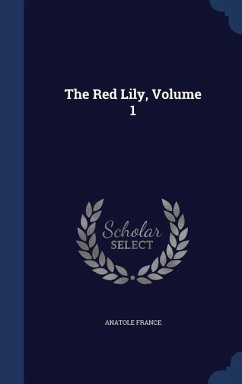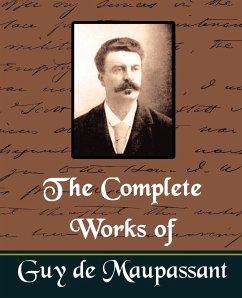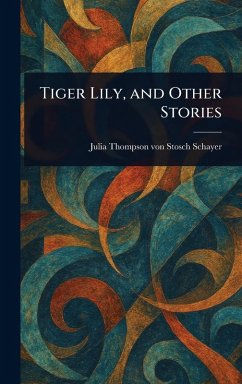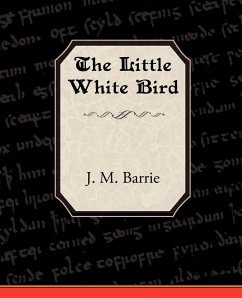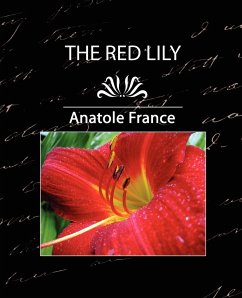
The Red Lily, Complete
Versandkostenfrei!
Versandfertig in 1-2 Wochen
24,99 €
inkl. MwSt.

PAYBACK Punkte
12 °P sammeln!
The son of a bookseller, he spent most of his life around books. His father's bookstore was called the Librairie de France and from this name Jacques Anatole François Thibault took his nom-de plume. Anatole France studied at the Collège Stanislaus and after graduation he helped his father by working at his bookstore. After several years he secured the position of a cataloguer at Bacheline-Deflorenne and at Lemerre, and in 1876 he was appointed a librarian for the French Senate. Ironic, skeptical, he was considered in his day the ideal French man of letters. He was elected to the French Acade...
The son of a bookseller, he spent most of his life around books. His father's bookstore was called the Librairie de France and from this name Jacques Anatole François Thibault took his nom-de plume. Anatole France studied at the Collège Stanislaus and after graduation he helped his father by working at his bookstore. After several years he secured the position of a cataloguer at Bacheline-Deflorenne and at Lemerre, and in 1876 he was appointed a librarian for the French Senate. Ironic, skeptical, he was considered in his day the ideal French man of letters. He was elected to the French Academy in 1896 and was awarded the Nobel Prize for Literature in 1921."The law, in its majestic equality, forbids rich and poor alike to sleep under bridges, to beg in the streets, and to steal their bread."



